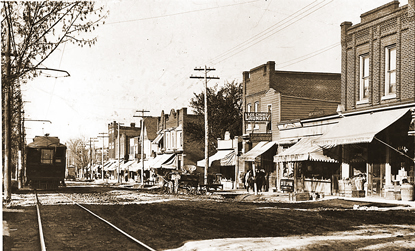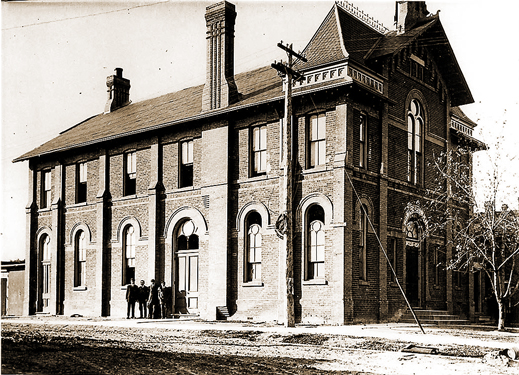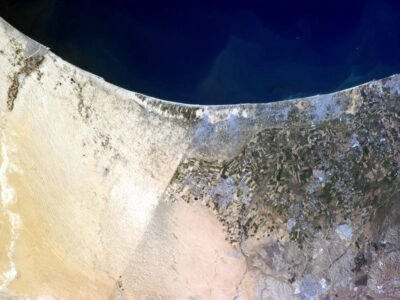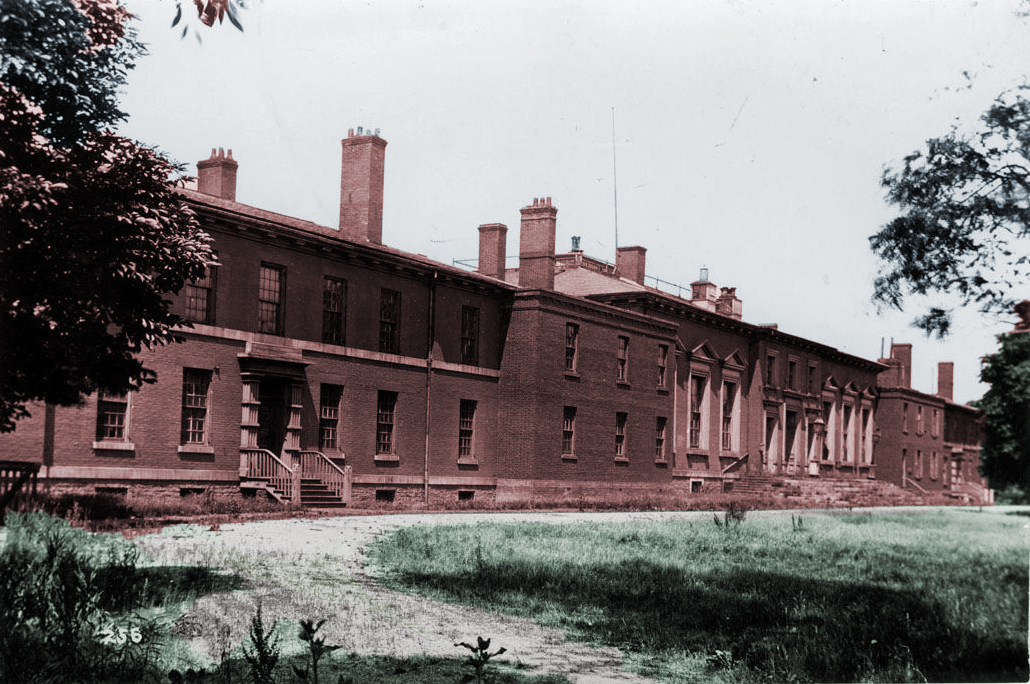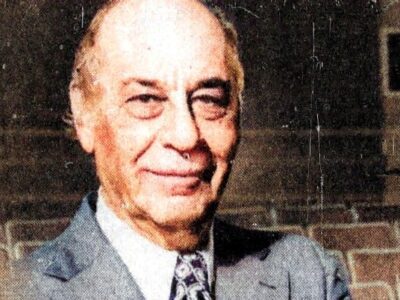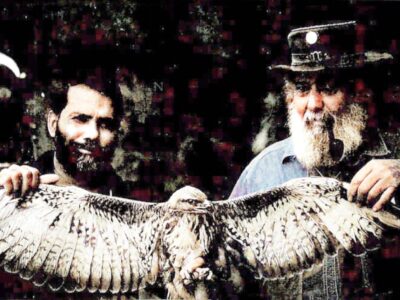Promise Many Things for New Part of City
From the Toronto World, November 25, 1912
Alderman and Controllers Seeking Re-Election Open Campaign for North Toronto Votes — They Say Transportation Problem Must Be Solved at Once — Are All Favourable to Annexation
Since North Toronto is destined to become part of the City of Toronto three weeks from today, the electors are already meeting strange faces, men who offer themselves to look after North Toronto’s interest on the board of control and in the city council. If these pre-election promises are carried out North Toronto should have nothing to complain of as a part of the City of Toronto.
There was a representative gathering of ratepayers at the town hall last Saturday evening to listen to speeches by Controllers Church and Maguire and Aldermen Yeomans and Rawlinson. John Kleeberger presided.
Controller Church was the first to speak. He addressed the audience as “fellow-electors” and reviewed the annexation story. Now, since the deal is consummated, he was desirous to know the town’s needs, which, in his mind, were many. He pointed out that although North Toronto will be looked after, yet at the same time, not all the needs can be met at once. One thing, however, is sure, he asserted, the transportation problem has to be solved at once, and not only has North Toronto to receive a better and cheaper street car service, but a cheaper telephone service as well. As soon as North Toronto has become part of the city these telephone rates will have to be adjusted so that city rates will prevail. While it is claimed that the Metropolitan Railway Company has a perpetual franchise and the Bell Telephone Co. a monopoly, yet the newly annexed districts should be strong enough to induce the railway board to do something for them which might be termed fair. While the Metropolitan has a franchise on Yonge Street and no relief is expected from that quarter, it is up to the city to construct, operate and maintain a civic car line system, and for that purpose of the proposed Duplex avenue should be opened at once through North Toronto, on which an effective competitive car line could be operated.
Pave Yonge Street.
Speaking of Yonge street, the controller stated that the board went over it the other day and they came to the conclusion that this thoroughfare has to be paved at once, and the contract for the paving of it will be let as soon as possible. He was of the opinion that many other local improvements are required by the town which have to be looked into, but he asked his hearers not to expect too much the first year. He was glad that the school accommodation the town has at present is first class.
“The water question has also to be solved,” said he, “as soon as possible, but it will not be till all the needs are completed.” He finally advocated the maintenance of a vigorous ratepayers’ association.
In closing, he paid a high tribute to the late John Fisher, who was the town’s chief magistrate for thirteen years.
Went to Learn.
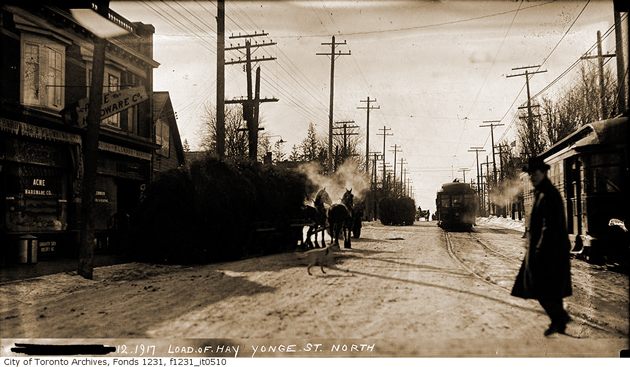 Ald. Yeomans, who represents Ward Two, stated that part of North Toronto will be represented by him in council for fifteen days, at any rate, when he will offer to serve the city in the capacity of a controller. He came up to learn the needs of the district rather than to tell the people what they needed. Notwithstanding Controller Church’s remarks that it will take three years to complete the improvements North Toronto needs, he was satisfied that they can be completed in a much shorter period of time.
Ald. Yeomans, who represents Ward Two, stated that part of North Toronto will be represented by him in council for fifteen days, at any rate, when he will offer to serve the city in the capacity of a controller. He came up to learn the needs of the district rather than to tell the people what they needed. Notwithstanding Controller Church’s remarks that it will take three years to complete the improvements North Toronto needs, he was satisfied that they can be completed in a much shorter period of time.
Speaking of the amalgamation of the two municipalities, he stated that at first he was opposed to the proposed unity, but he came to the conclusion that North Toronto needed the city and the city needed North Toronto, if for no other purpose than the solving of the transportation problem, and this annexation deal is beneficial to both parties. He outlined his policy program for the benefit of North Toronto as follows: “North Toronto should be connected with Toronto’s waterworks system at once. Garbage collection twice a week. The volunteer fire brigade, which has a provincial reputation, should be retained. Mount Pleasant Road should be widened to eighty-six feet and a general provision should be made for a million or more of a population.”
He touched the chord of enthusiasm when he stated that he could see no reason why a year from today the civic car lines should not be run o the east and west parallel roads through the town and North Torontonians have a one-fare care service. he also said that the ratepayers in this district should inaugurate a vigorous campaign in order to get what they need.
When he had concluded J. M. Letsche asked him as to the stand he takes in connection with the extension of Mount Pleasant Road in a straight line through Mount Pleasant Cemetery. Mr. Yeomans stated that he is quite in accord with the movement of a straight road, as against the diverted proposition of the Cemetery Trust.
A Growing Family.
Ald. Rawlinson said he also came to learn rather than to instruct, and would not like to make any rash promises. North Toronto will be one addition to his already large family, and he promised to endeavor to have Yonge Street widened to eighty-six feet and improved, as also he will make it his business to see that Mount Pleasant Road is extended through the cemetery in a straight line as speedily as possible. He then announced his candidature as alderman for Ward Three.
Fred Burgess, who is a new man to try his hand in municipal affairs, said that he has both the time and the ability to serve the people in an efficient manner, and if elected alderman for Ward Three he will certainly look after the interests of North Toronto, where he has some property and where he intends to build and live.
Councilor Howe, being called upon, stated that he tried his best while a member of the North Toronto Council for five years to work for the interest of the whole town and he would do so again if the electors of Ward Two should favour him by returning him an alderman. It is to his credit that a bylaw was passed in the town council whereby it is an easy matter to widen Mount Pleasant Road to eighty-six feet without having buildings standing in the way, and in connection with the opening up of Duplex Avenue he only wished to know what the city wanted to do in this connection and the matter will be completed in short order. “If the Metropolitan Railway has to have a competitive line, then the east and west parallel streets are too far away, and in order to compete with the Metropolitan line effectively Duplex Avenue is needed.
Open Duplex Avenue.
By this time Controller Maguire . . . was called upon to address the ratepayers. He made it clear that when North Toronto’s annexation first came up he voted against it in the city council, but he has changed his mind since, and when North Toronto voted for annexation again he also voted in favour of having the northern suburb annexed. Since the railway board made the annexation order, “and,” he said, “I am in perfect accord with the movement. The transportation question in connection with the newly annexed districts has to be solved, and North Toronto is vitally interested in this matter.” He realized that something has to be done at once, and that is the opening of Duplex Avenue, to establish a civic car service. Park lands also have to be acquired while the land is yet reasonable in price and before a large amount of money has to be spent in removing buildings to create a park. The CPR crossings have to be better illuminated at nights, better protected and shelters erected. “No doubt,” he said, “North Toronto has many needs, but I am sure that you are reasonable men and don’t expect to get everything at once. The experts’ report on transportation will be received in a few days, when the entire city council will act promptly to supply the needs of the district.”
Mr. Maguire complimented the council for acting so promptly on the suggestions received from the board of control re the widening of Yonge Street and the opening of Duplex Avenue, and urged the town council to pass the necessary bylaws at once. The city council will take the matter up as soon as the unity of the city and town has been consummated. He also spoke of his support of having Mount Pleasant Road extended in a straight line through Mount Pleasant Cemetery. “Yonge Street needs paving, and this matter has to be attended to with all possible haste,” said he “and the city will vote $100,000 for good roads outside the city to lead into it. We certainly must have good streets inside the city boundary.” He urged the electors to give their unqualified support towards the $100,000 money bylaw for the improvement of leading highways to the city, as better roads leading to a great city are a necessity.
He stated that a large sum of money will be required to put the waterworks system into proper condition, and we should look ten or fifteen years ahead and make proper provision, especially as the construction of the extended system will take six or seven years to complete. He also hoped that North Toronto would vote favourably on this waterworks extension bylaw.
In closing, he said that, should he be favoured again by the electors to be returned a controller, he will look after the interests of this section, as well as any other part of the city.
Keep Sewerage System.
W. G. Ellis reviewed the history of annexation and stated that North Toronto is a different proposition from any other recently annexed district, as it was a self-governing municipality, instead of only a fragment of a township. North Toronto is not going into the city as a begging municipality, but as self-respecting citizens, for the city had made overtures to North Toronto, promising a civic car service, upon which promise a plebiscite of the electors of North Toronto was taken, which resulted in a favourable vote.
He claimed that North Toronto’s sewerage system is a better one than Toronto’s and he would feel very sorry if Toronto should see fit to change it to their system. North Toronto’s system is what is known as a “separate system,” and is the best known to science. He reviewed the town’s endeavor to augment North Toronto’s water supply, to bring the water from the Lemonville artesian wells down by gravitation, which was frustrated by the legislature, and he still advocated bringing this water down as the whole of the northern section could be supplied with pure water at a less cost than the city could pump it up from the lake. As to the town’s needs, Mr. Ellis said that, “We have gas and electricity, which we do not need to bother the city council about, but what we do need, and need it at once, is a proper transportation system, and an improved Yonge Street.
E. V. Donnelly said that he was a consistent opponent to annexation, yet as the deal has been effected all he can say is “That all is well that ends well.” He did not expect that North Toronto would gain anything for years to come, but he finds, to his surprise, that good movements for the betterment of the town are actively under way already. In closing, he urged the city authorities to get proper legislation at once to supply North Toronto with a Sunday street car service.
President Adamson Resigns.
After the closing of this part of the meeting the Ratepayers’ Association transacted some other business pertaining to the association. A letter was read from Charles Adamson president of the association, tendering his resignation and regretting that he has to do so on account of his removal from North Toronto. The resignation was accepted and John Kleeberger was elected president; E. V. Donnelly, 1st vice-president; C. Cole, 2nd vice-president, and Sam Robins, a member of the executive committee.
It was decided that meetings will be held every Saturday evening till. New Year’s Day, and next Saturday’s meeting will be devoted to “education,” when representatives from Wards Two and Three of the board of education and as many others as should care to come to this meeting shall be invited to be present. The chairmen of North Toronto’s high school board and the school board will be invited to take seats on the platform and to open the meeting of their respective branches. All the members of the high school board and the public school board are cordially invited to be present.
* * *
Fall and Rise of North Toronto Since Its Birth
As North Toronto soon will lose its identity and will be swallowed up by the big city to the south of the town, it is but fair to show the struggling existence North Toronto had since its incorporation in the year 1890, when by special act the villages of Davisville, Eglinton and Bedford Park became a town, with a total population of 1,120 and a total assessment of $1,493,120. The period of this incorporation just came at the tail end of the late lamented land boom and the town’s assessment took a jump the next year to the tune of $119,253. This, however, was the only increase in assessments up to the year 1903. From the years 1891 the annual assessments took a drop till the years 1902, when the assessment was only a little more than half of what it was twelve years previous. The years 1903 marked the first advance in assessed values again, when $45,977 was added to the assessment roll. Since that year the town’s value has grown steadily, till today North Toronto has seven times the assessed value of ten years ago.
(Population table shows that North Toronto’s population in 1907 was about 3,000 and in 1912 about 6,093. Police census in November 1912 put the population at 6,955.) ♦

